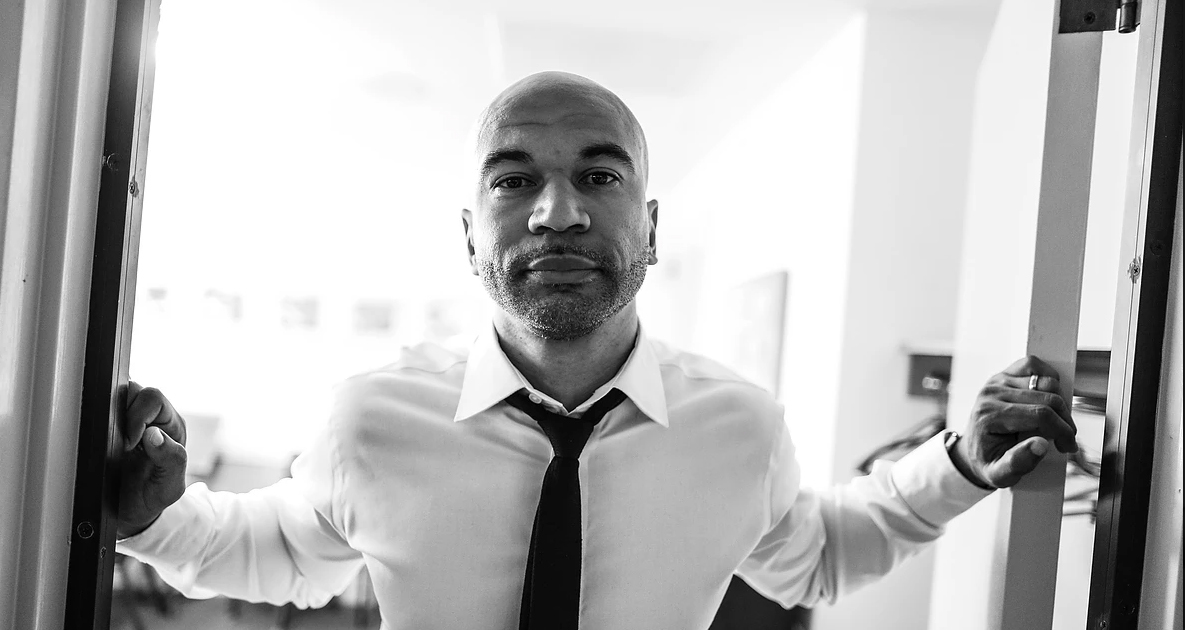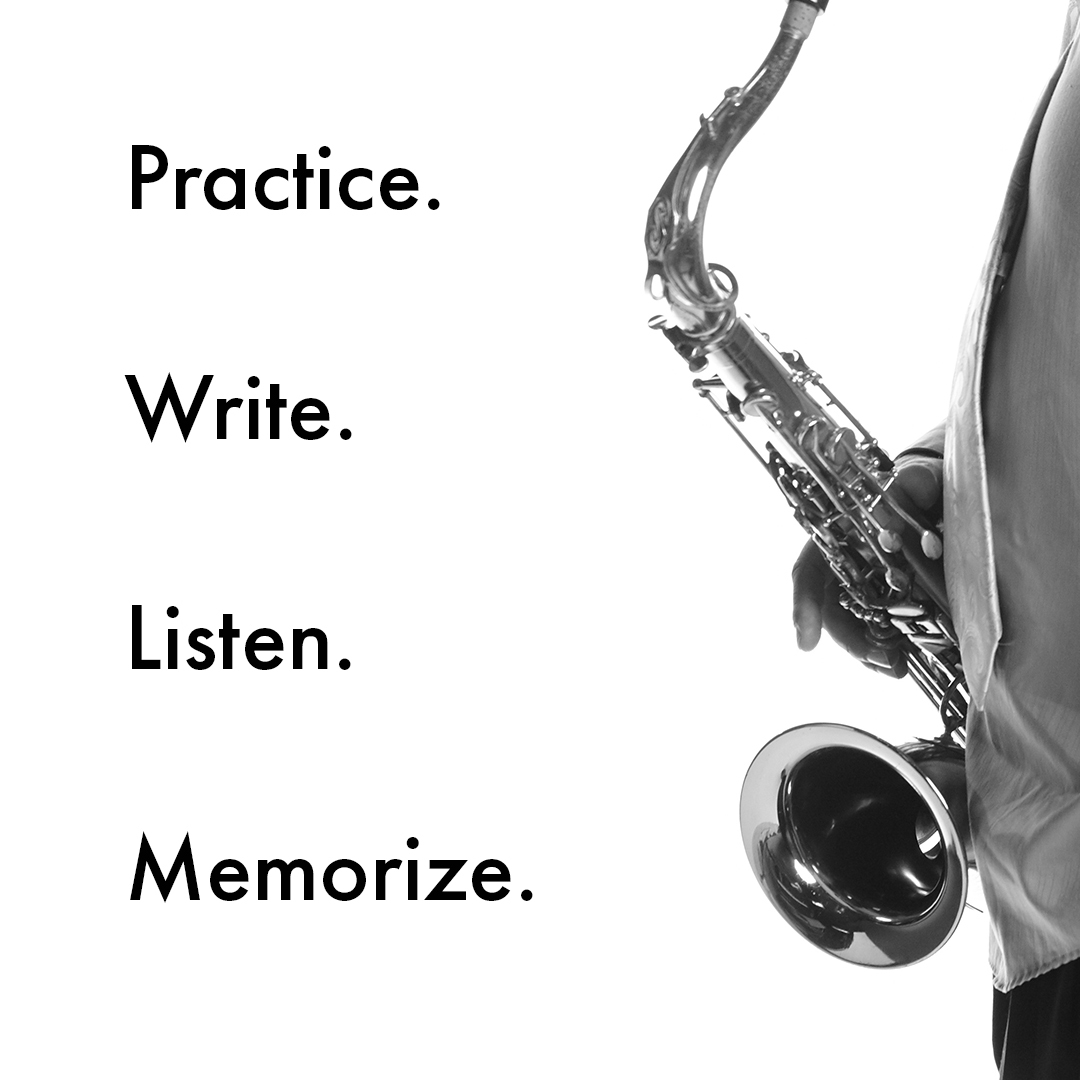Recording, Touring, and Teaching: Walter Smith III Does it All
Date Posted: March 14, 2018

Interview conducted by Alison Evans
What was the inspiration behind your latest album, “TWIO”?
As with most musicians, I grew up learning standards and getting an understanding of how melody and harmony work from learning hundreds of old songs and listening to recordings from people like Monk, Mingus, Ornette, etc. However, in my life as a professional musician, I’ve always been in bands that tour and record original music (almost exclusively) and it’s very rare that any of that foundational material is ever played. I always knew that I wanted to do something with some of that standard repertoire in a saxophone trio format, and a lot of things came together in the last year that made it feel like now was the time to do it.
Are there any inspirations from your life that have influenced your approach to the saxophone and/or music in general?
I have been influenced by all of my teachers along the way, starting with my father who taught elementary band in Houston, through high school and college. I’ve also been hugely influenced by many musicians through their recordings, which continue to be a big source of inspiration to me. Some of those musicians would be Herbie Hancock, Nicholas Payton, Terence Blanchard, Don Byas, Benny Golson, and countless others. In addition to teachers and recordings, it’s my peers that constantly push me. People that I’ve had the opportunity to tour and record with are constantly setting the bar so high that I am always trying to find a way to improve and keep up with their excellence. Some very important musical relationships in recent years have come out of playing in groups with Ambrose Akinmusire, Logan Richardson, Jason Moran, Eric Harland and many others.
What are some of the differences you’ve noticed between leading a band and being a sideman? Do you prefer one over the other?
Both require an incredible amount of work, imagination, and attention to detail. The biggest challenge of being a leader (besides the stress of putting everything together for recordings and tours) is writing great music consistently. I’ve been lucky to be a sideman to a lot of incredible composers that always meet that challenge and it’s really amazing to play concerts where the music is always great even if the band has an off night. As a sideman, once I put in the time to learn the music, my remaining jobs are to be on time and be professional. For the way that my schedule works, splitting time between LA, my teaching position at Indiana University, and touring internationally, working as a sideman is ideal because I can focus on just concentrating on the music without getting bogged down in the business side of putting together tours constantly. I enjoy the times when I’m traveling as a leader, but if I had to pick, I’ll always pick the path with less emails.
Any valuable lessons that stand out from all the touring and traveling you’ve done as a leader and sideman?
The most important thing that I’ve learned was how to navigate the frequent flier programs of all the airline carriers (thanks to Reuben Rogers) so that I can always maintain status amongst the various airline alliances and have access to early boarding in order to find the highly coveted overhead space for my instrument in addition to other travel perks that make flying a bit more tolerable. I’ve also managed to develop exercise and practice routines that allow me to maintain some sense of normalcy while on traveling for long periods of time and not become a total hotel room sloth.

What has been the most memorable moment or performance in your career so far?
I’ve had many that I remember very well, but my first concert as a leader in Europe was pretty memorable. Shortly after my first album was released in 2006, I was invited to play with the band from my album at a festival in Clermont - Ferrand in France. It was memorable because even though I had been to Europe several times at that point for concerts, it was my name that was on the program, and I was pretty nervous about it until we got there and did the sound check and it was just fun to be up there with a bunch of friends. The concert was with Ambrose Akinmusire, trumpet; Robert Glasper, piano; Lionel Loueke, guitar; Vicente Archer, bass and Eric Harland, drums. I remember getting through a few songs and things were going well, and then I took a “bad” solo on one of Robert’s tunes. Then I kept thinking about it the whole time that the next soloist was playing, and then I went back up and took another solo. Turns out 2nd time was not the charm as that solo was worse than the 1st. That’s why the concert was so memorable - I was trying so hard to be good and realized that I should just relax and play and let the music be what it’s going to be. Ever since then, I’ve limited myself to 1 solo per song!
How has your performance career shaped your role as an educator?
I’ve been lucky to tour and record with lots of musicians that many students gravitate towards. I’m always asking questions about what they practice, listen to, and how they approach writing for my own needs as a student of the music. That knowledge has helped shape my own views and approach to music and I feel like having access to all of those brilliant musical minds has been a resource deeper than any one source. In a class, sometimes I’m talking about composition how Terence Blanchard showed me and the next second recalling business advice that Dave Douglas gave me in passing. There is so much stuff that I’ve picked up that I didn’t learn in school that I try and pass on that is very relevant to a young musician starting their career.
Any advice or tips you would like to offer to up-and-coming jazz musicians?
Practice
Write
Listen
Memorize
Play Vandoren Reeds and Accessories!
Subscribe to the We Are Vandoren E-newsletter (WAVE) to receive 4 weekly articles for Performers, Students, and Educators